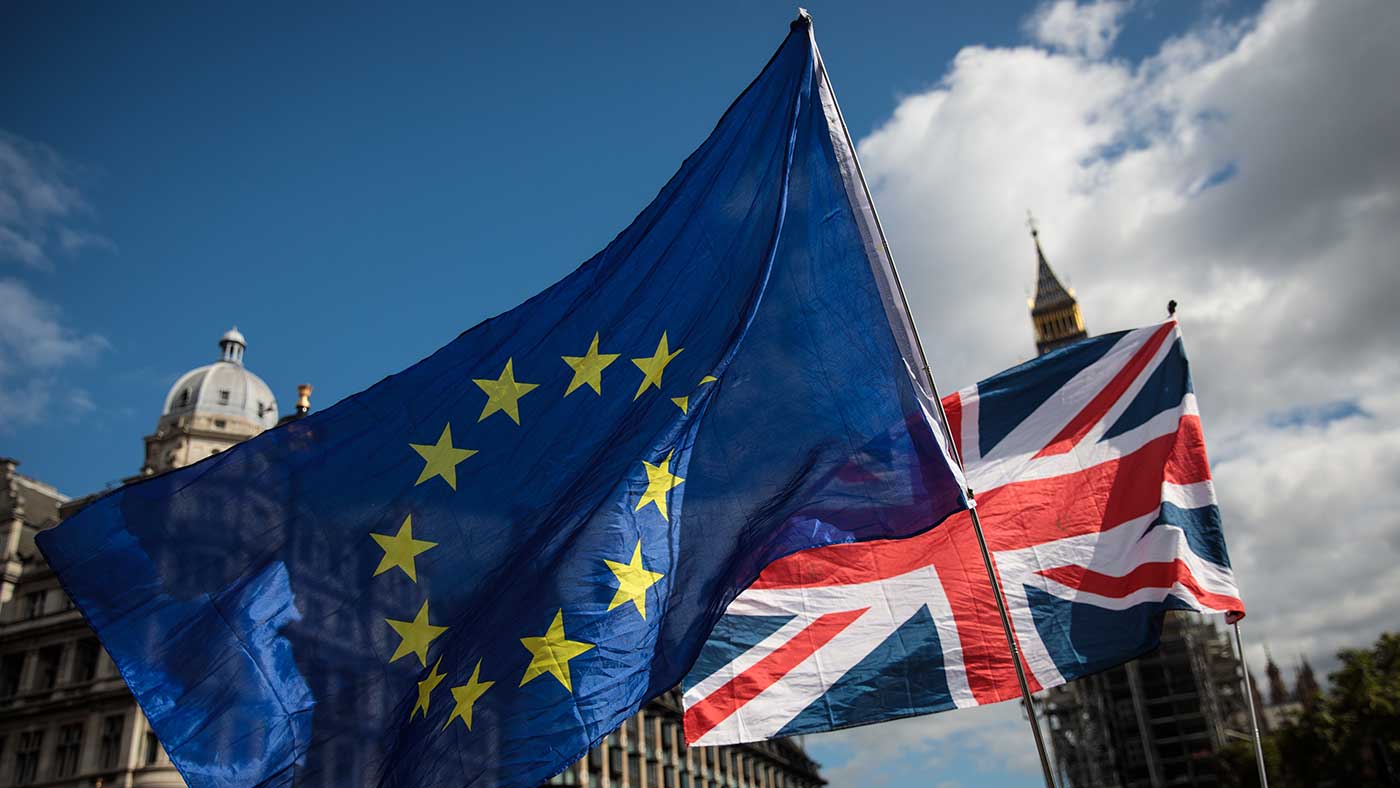Brexit Britons rush to obtain dual nationality
More than 64,000 UK citizens apply for Irish citizenship, with Spain next choice

A free daily email with the biggest news stories of the day – and the best features from TheWeek.com
You are now subscribed
Your newsletter sign-up was successful
Ireland, Spain and other European countries say twice as many Brits applied for dual citizenship in the 12 months after the Brexit vote compared to the previous year.
Ireland saw the biggest rise, with more than 64,000 British nationals applying for passports after the referendum compared to just over 25,000 the previous year, the BBC reports.
Next in line was Spain, with 4,558 applying for dual citizenship compared to 2,300 before the Brexit vote. Other European countries that provided data to the BBC also saw applications rising including Sweden (from 969 to 2,002), Denmark (from 289 to 604) and Poland (from 152 to 332).
The Week
Escape your echo chamber. Get the facts behind the news, plus analysis from multiple perspectives.

Sign up for The Week's Free Newsletters
From our morning news briefing to a weekly Good News Newsletter, get the best of The Week delivered directly to your inbox.
From our morning news briefing to a weekly Good News Newsletter, get the best of The Week delivered directly to your inbox.
“Many people are taking precautionary steps in case the Brexit negotiations fail,” the BBC says.
Official German figures released in June show an “extraordinary increase” in the number of British citizens granted German passports in 2016, Deutsche Welle said.
The number of Brits granted German citizenship in 2016 rose 361% to 2,865 – “quite obviously due to Brexit”, said the German statistics office.
“In Germany, Brits have been scrambling to get citizenship, which they seem to see as an insurance policy,” DW said.
A free daily email with the biggest news stories of the day – and the best features from TheWeek.com
There’s also been a push for Europeans to obtain UK passports. German, French, Italians and other members of the 14 original EU countries are at the front of the queue for British dual citizenship.
Home Office figures show just under 14,000 people from the group applied in the year to June 2017, compared with about 4,500 in the year to June 2015, the Daily Express reports.
-
 Tourangelle-style pork with prunes recipe
Tourangelle-style pork with prunes recipeThe Week Recommends This traditional, rustic dish is a French classic
-
 The Epstein files: glimpses of a deeply disturbing world
The Epstein files: glimpses of a deeply disturbing worldIn the Spotlight Trove of released documents paint a picture of depravity and privilege in which men hold the cards, and women are powerless or peripheral
-
 Jeff Bezos: cutting the legs off The Washington Post
Jeff Bezos: cutting the legs off The Washington PostIn the Spotlight A stalwart of American journalism is a shadow of itself after swingeing cuts by its billionaire owner
-
 How corrupt is the UK?
How corrupt is the UK?The Explainer Decline in standards ‘risks becoming a defining feature of our political culture’ as Britain falls to lowest ever score on global index
-
 The high street: Britain’s next political battleground?
The high street: Britain’s next political battleground?In the Spotlight Mass closure of shops and influx of organised crime are fuelling voter anger, and offer an opening for Reform UK
-
 Biggest political break-ups and make-ups of 2025
Biggest political break-ups and make-ups of 2025The Explainer From Trump and Musk to the UK and the EU, Christmas wouldn’t be Christmas without a round-up of the year’s relationship drama
-
 ‘The menu’s other highlights smack of the surreal’
‘The menu’s other highlights smack of the surreal’Instant Opinion Opinion, comment and editorials of the day
-
 Is a Reform-Tory pact becoming more likely?
Is a Reform-Tory pact becoming more likely?Today’s Big Question Nigel Farage’s party is ahead in the polls but still falls well short of a Commons majority, while Conservatives are still losing MPs to Reform
-
 Taking the low road: why the SNP is still standing strong
Taking the low road: why the SNP is still standing strongTalking Point Party is on track for a fifth consecutive victory in May’s Holyrood election, despite controversies and plummeting support
-
 Is Britain turning into ‘Trump’s America’?
Is Britain turning into ‘Trump’s America’?Today’s Big Question Direction of UK politics reflects influence and funding from across the pond
-
 What difference will the 'historic' UK-Germany treaty make?
What difference will the 'historic' UK-Germany treaty make?Today's Big Question Europe's two biggest economies sign first treaty since WWII, underscoring 'triangle alliance' with France amid growing Russian threat and US distance